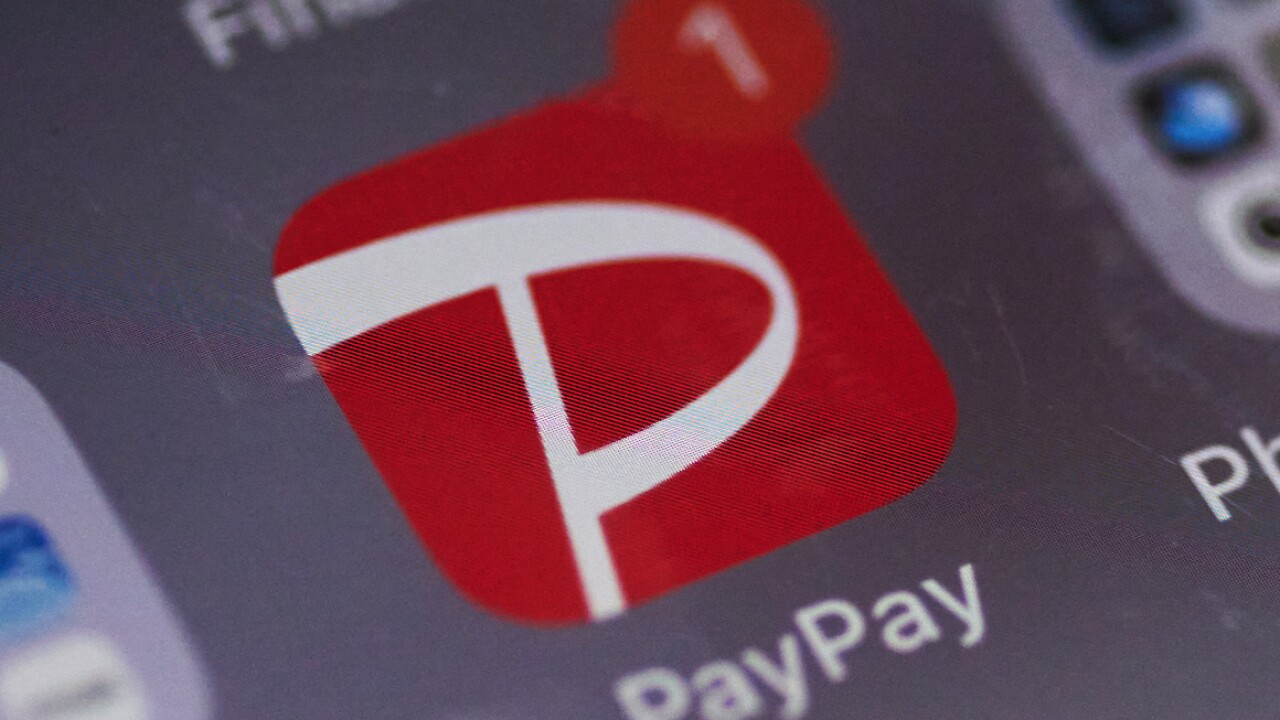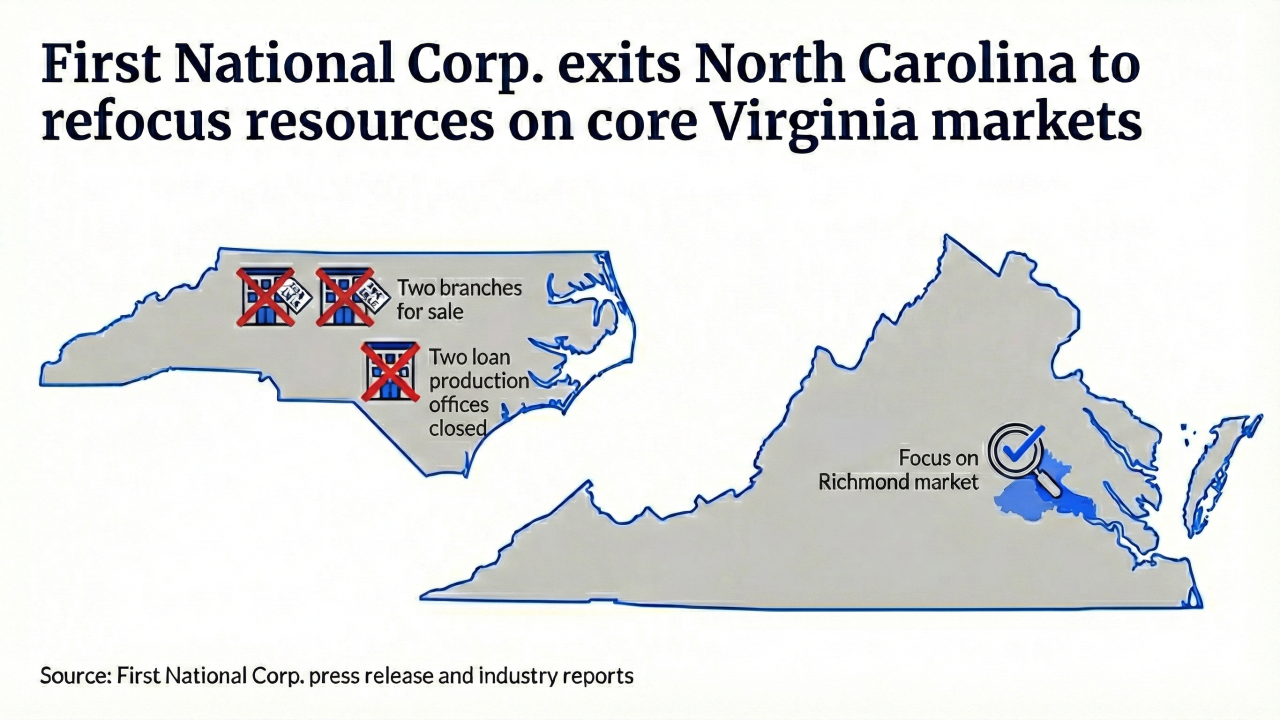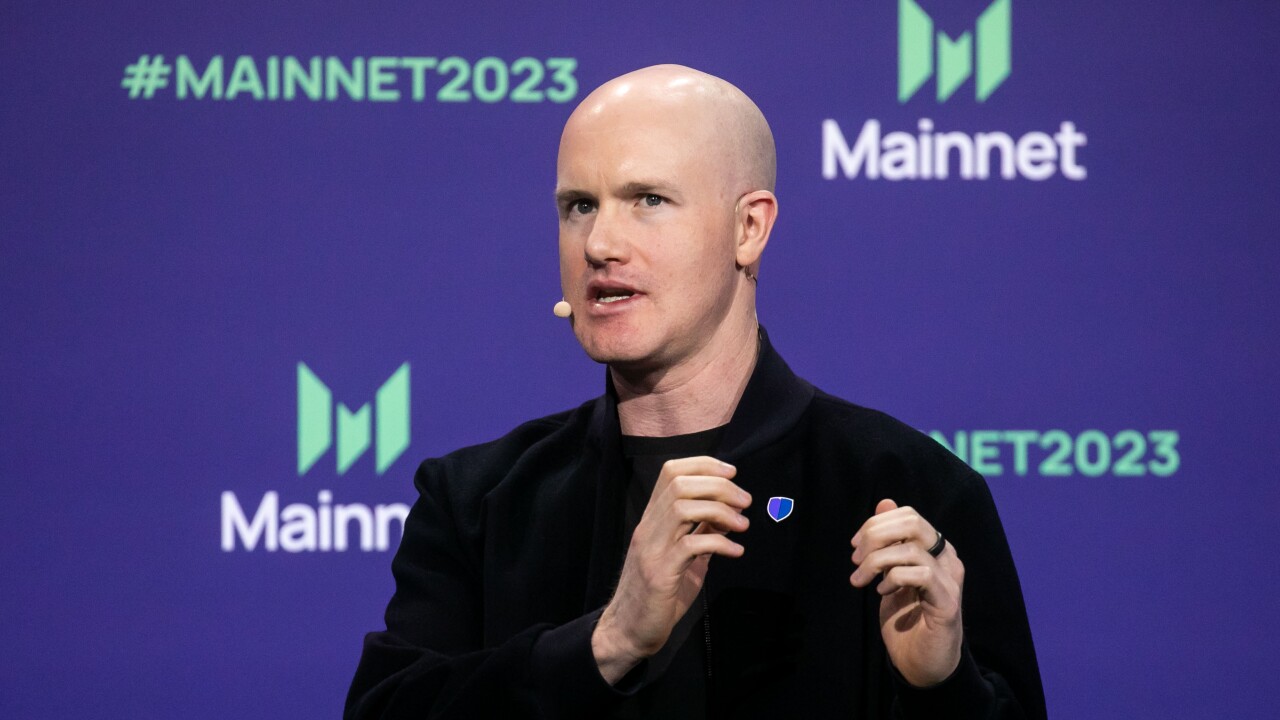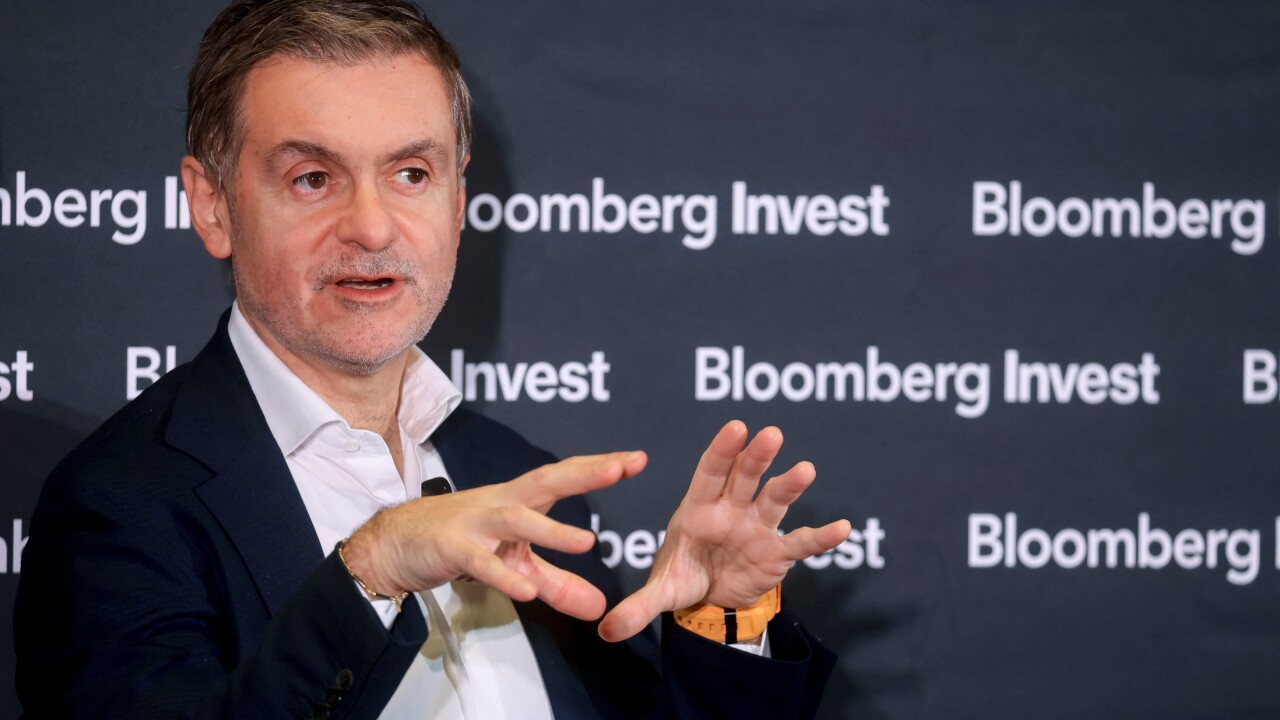The newly installed management team at MoneyGram International Inc. plans to improve the integration of its online and walk-in businesses while riding out the economic storm.
"Like any company around the world, there have been challenges at MoneyGram," said Pamela Patsley, who became the Minneapolis remittance company's executive chairman Wednesday. "But I think we are positioned to navigate very successfully coming out of this."
Ms. Patsley, formerly the president of the international division at Kohlberg Kravis Roberts & Co.'s First Data Corp., said in an interview Thursday that she plans to spend about half her time working on issues involving MoneyGram, especially in customer-related areas.
Day-to-day management will be handled by Anthony Ryan, who was promoted Wednesday to president and chief executive officer. Mr. Ryan, who joined MoneyGram in 1995, had been its chief operating officer.
The chairman, president, and CEO positions had been vacant since June, when Philip W. Milne, a 17-year MoneyGram veteran, stepped down.
Mr. Ryan described a three-point strategy of expanding the company's network, improving value for customers, and investing in new technology. He also said he expects to make MoneyGram's online and walk-in operations work together more efficiently.
Another goal is expansion into additional markets. MoneyGram announced Monday that it added 13 countries and territories and more than 33,000 locations to its network last year, giving it 176,000 money transfer agent locations in 180 countries and territories.
The new markets range from China and the Philippines to Serbia and the Czech Republic, Mr. Ryan said. "Money transfer is a $400 billion business. We think there are tremendous opportunities for us."
MoneyGram also wants to expand its range of bill payment services, both online and at agent locations. It has relationships with 2,200 billers in the automotive, credit card, mortgage, utility, and telecom industries, he said, and it plans to allow bill payments both at merchant locations and online, as it already does with money transfers.
The company plans to build on its MoneyGram Rewards loyalty program, which provides things like notifications to a money transmitter when the recipient receives the funds.
This year MoneyGram expects to improve its financial performance, Mr. Ryan said. It spent much of last year working through bad subprime mortgage investments and collateralized debt obligations in its portfolio. It took a $230 million writedown in 2007.
"Those issues are behind us for all practical purposes," he said; the troubled assets have been essentially written off, and MoneyGram today is investing almost all of its portfolio in safe, short-term government securities.
MoneyGram was recapitalized in March, when the private-equity firm Thomas H. Lee Partners LP and Goldman Sachs Group Inc. invested $760 million to take a 79% stake in the company. Robert Dodd, an analyst at Regions Financial Corp.'s Morgan Keegan & Co., said the investment helped stabilize MoneyGram, but the investors will have to be patient to get a return.
"The capital infusion was very dilutive," he said, and because the company is issuing debt payments in pay-in-kind debt, instead of cash, until it achieves certain milestones under the covenants, "it gets more dilutive every quarter."
The new management team is well regarded, and MoneyGram has a good reputation, though it is not as strong as Western Union Co.'s, said Mr. Dodd, who has a "market perform" rating on MoneyGram's shares.
"It's going to take a while to play out," Mr. Dodd said. "You know what the capital structure is today, but you don't know what it's going to be a quarter from now."





